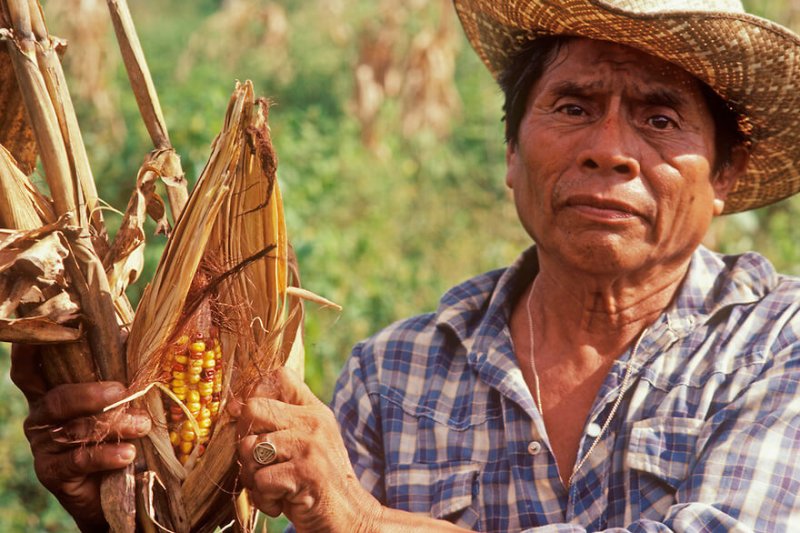Over many thousands of years, farmers have bred maize varieties so the crops are optimally adapted to local environments.
A new study, published Feb. 6 in Nature Genetics, analyzed close to 4,500 maize varieties – called landraces – bred and grown by farmers from 35 countries in the Americas to identify more than 1,000 genes driving large-scale adaptation to the environment.
“The study provided a powerful catalog of the genes necessary for corn to adapt to different latitudes and elevations across the world,” said senior author Edward Buckler, a research geneticist at the USDA-Agricultural Research Service and adjunct professor of plant breeding and genetics at the Institute for Genomic Diversity at Cornell.
“It takes a thousand genes to attune a plant for a particular latitude and the elevation where it is grown. That’s what we are mapping here,” Buckler said.
…
“With global climate change over the next century, we can directly use this information to figure out what genes are important” to greatly speed up breeding efforts of maize, Buckler said. “We’re tapping the wisdom of farmers over the last 10,000 years to make the next century’s corn.”
[The study can be found here (PAY WALL).]
The GLP aggregated and excerpted this blog/article to reflect the diversity of news, opinion, and analysis. Read full, original post: Maize study finds genes that help crops adapt to change
































